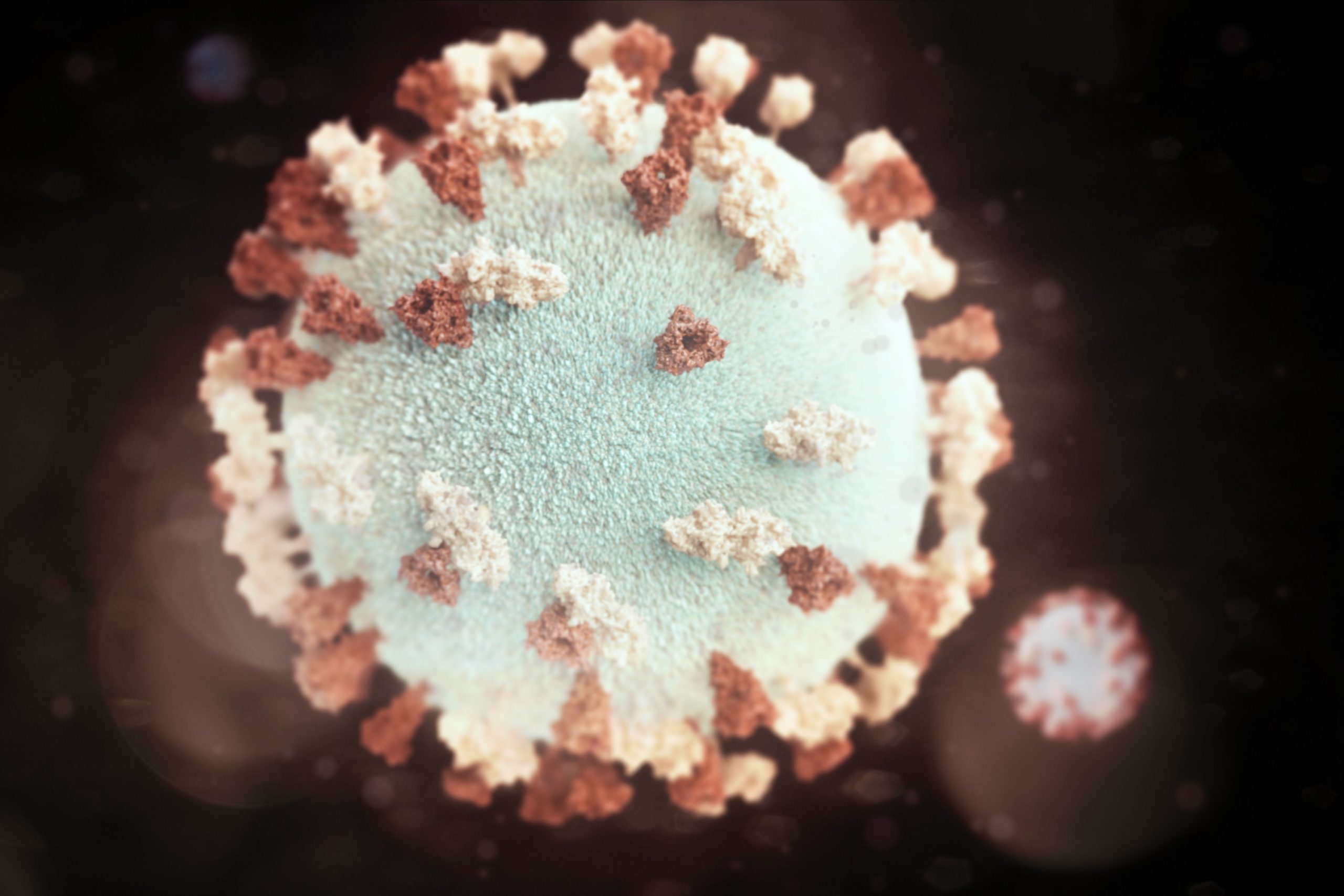Antibiotics have been a game-changer in the world of medicine, saving countless lives since their discovery in the early 20th century. However, their overuse and misuse have led to the rise of antibiotic-resistant bacteria, a growing threat to public health. In this article, we will explore the good, the bad, and the ugly of antibiotics in treating human infections.
The Good: How Antibiotics Have Saved Lives
Antibiotics are a powerful tool in the fight against bacterial infections. They work by killing or slowing the growth of bacteria, allowing the body’s immune system to fight off the infection. Before antibiotics, bacterial infections such as pneumonia, tuberculosis, and strep throat were often fatal. Today, antibiotics can cure these infections and save lives.
In addition to treating bacterial infections, antibiotics are also used to prevent infections during surgery and to treat conditions such as acne and rosacea.
The Bad: Antibiotic Resistance
Overuse and misuse of antibiotics have led to the rise of antibiotic-resistant bacteria. This occurs when bacteria mutate and become resistant to antibiotics, making it more difficult to treat infections. Antibiotic-resistant infections can be more severe and have a higher mortality rate than non-resistant infections.
Antibiotic resistance is a growing problem worldwide, with the World Health Organization (WHO) identifying it as one of the biggest threats to global health, food security, and development today. The misuse of antibiotics in both human and animal medicine is a major contributor to this problem.
The Ugly: Side Effects and Consequences
Antibiotics are not without their side effects. Common side effects include diarrhea, nausea, and stomach upset. More serious side effects include allergic reactions and the development of antibiotic-associated infections such as Clostridium difficile (C. diff) and yeast infections.
In addition to side effects, the overuse of antibiotics has consequences beyond the development of antibiotic-resistant bacteria. Antibiotics can also disrupt the body’s natural microbiome, leading to an imbalance of beneficial bacteria and potentially contributing to the development of chronic conditions such as inflammatory bowel disease and obesity.
Moving Forward: Responsible Use of Antibiotics
To combat the rise of antibiotic-resistant bacteria and prevent further harm, it is crucial to use antibiotics responsibly. This includes only using antibiotics when necessary, following dosage instructions, and not sharing or saving antibiotics for future use.
In addition, healthcare professionals and policymakers must work together to develop and implement strategies to promote the responsible use of antibiotics, including surveillance and tracking of antibiotic use and resistance, education and awareness campaigns, and the development of alternative therapies.
In conclusion, while antibiotics have been a lifesaving tool in the fight against bacterial infections, their overuse and misuse have led to the rise of antibiotic-resistant bacteria and other consequences. It is up to all of us to use antibiotics responsibly and work towards a future where antibiotics remain an effective treatment for bacterial infections.









